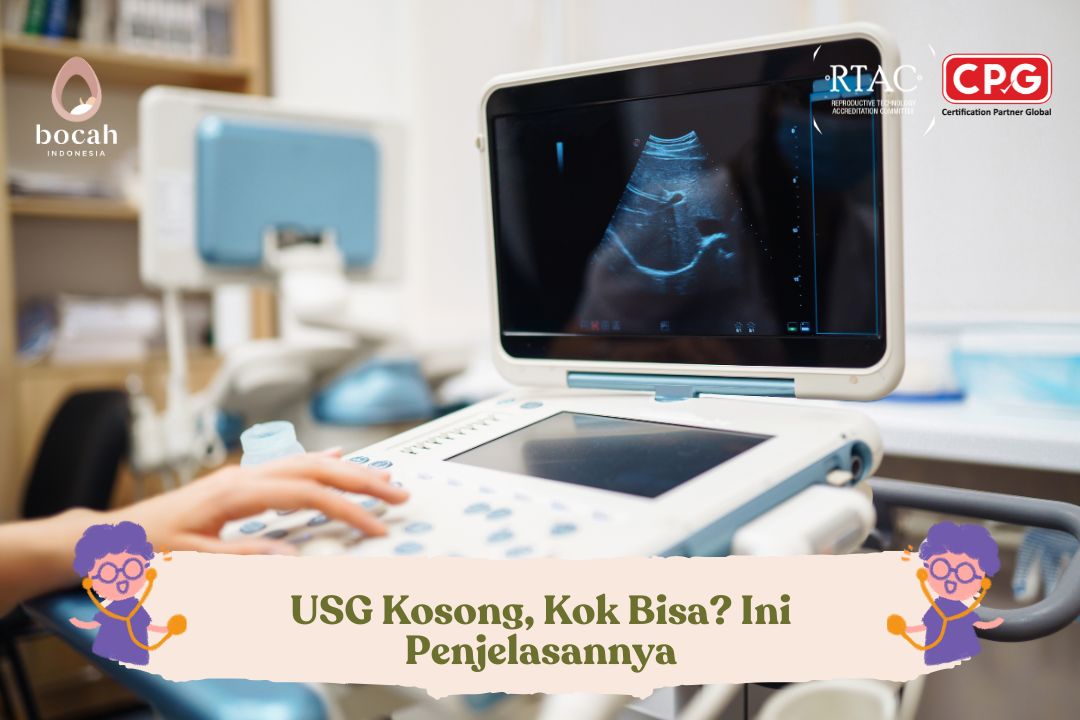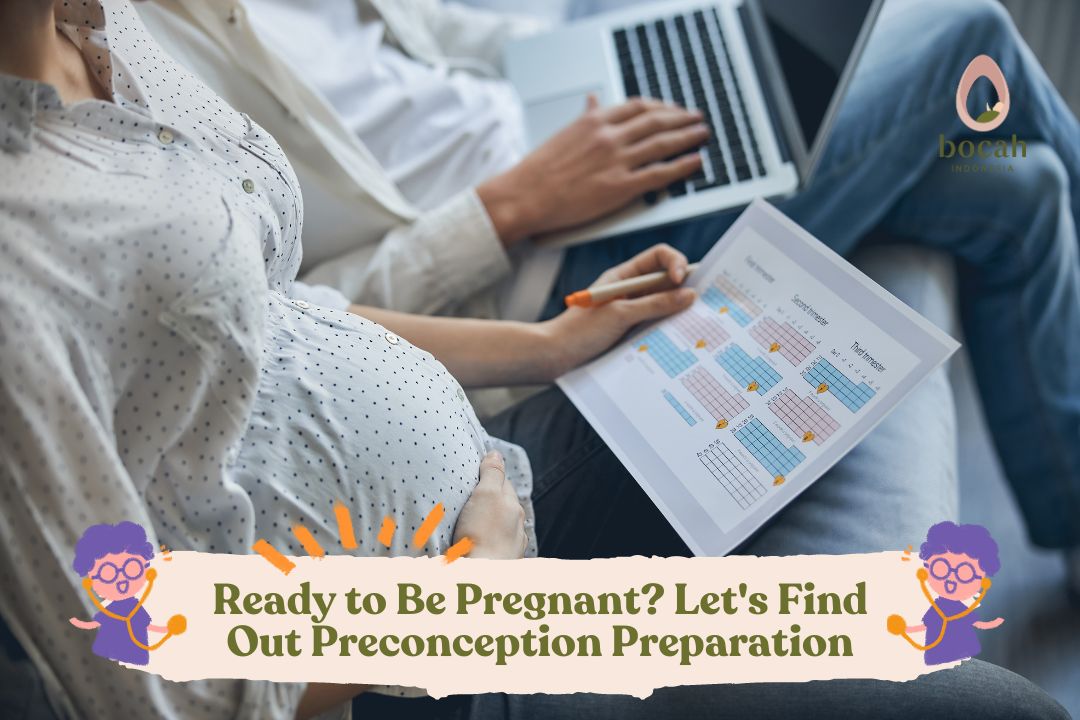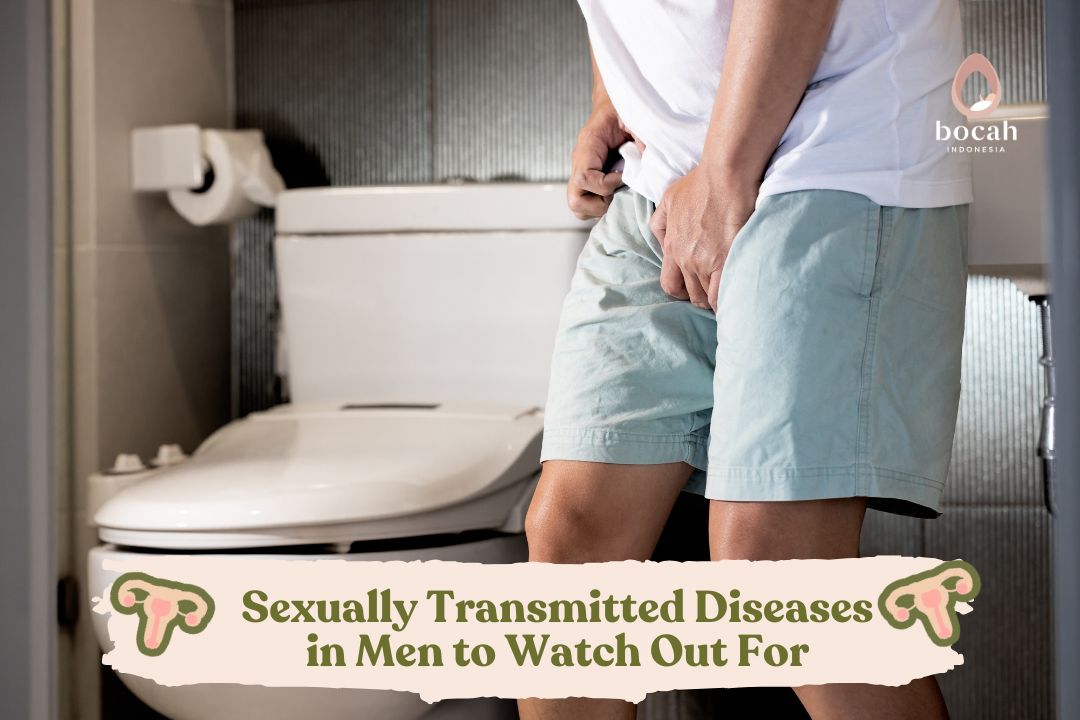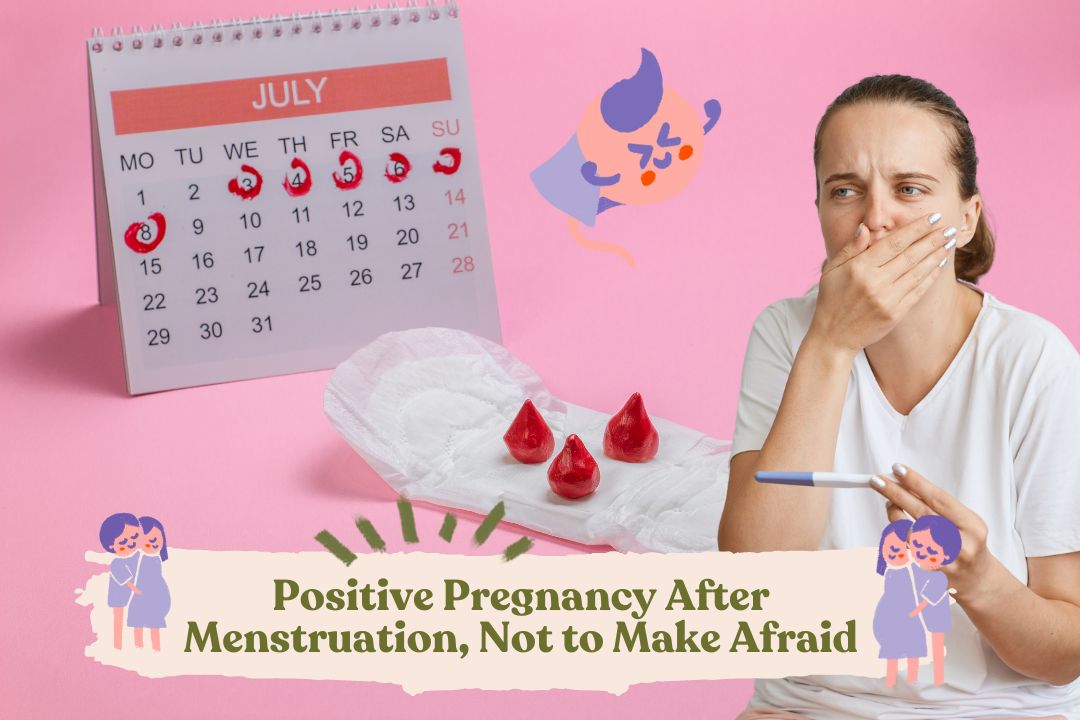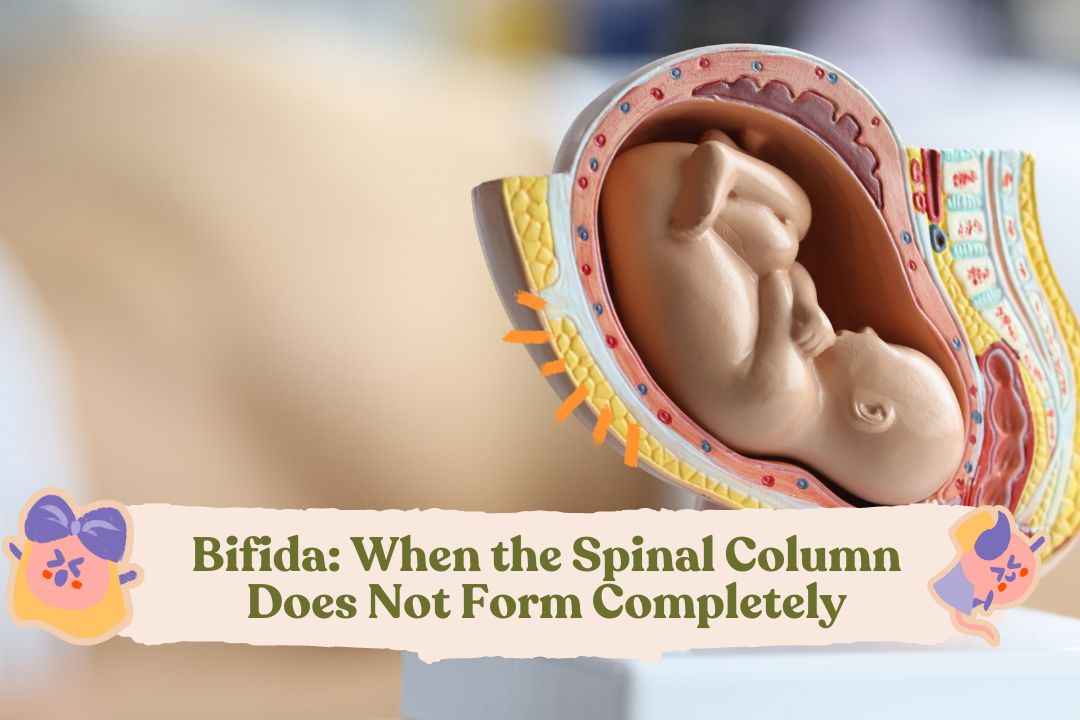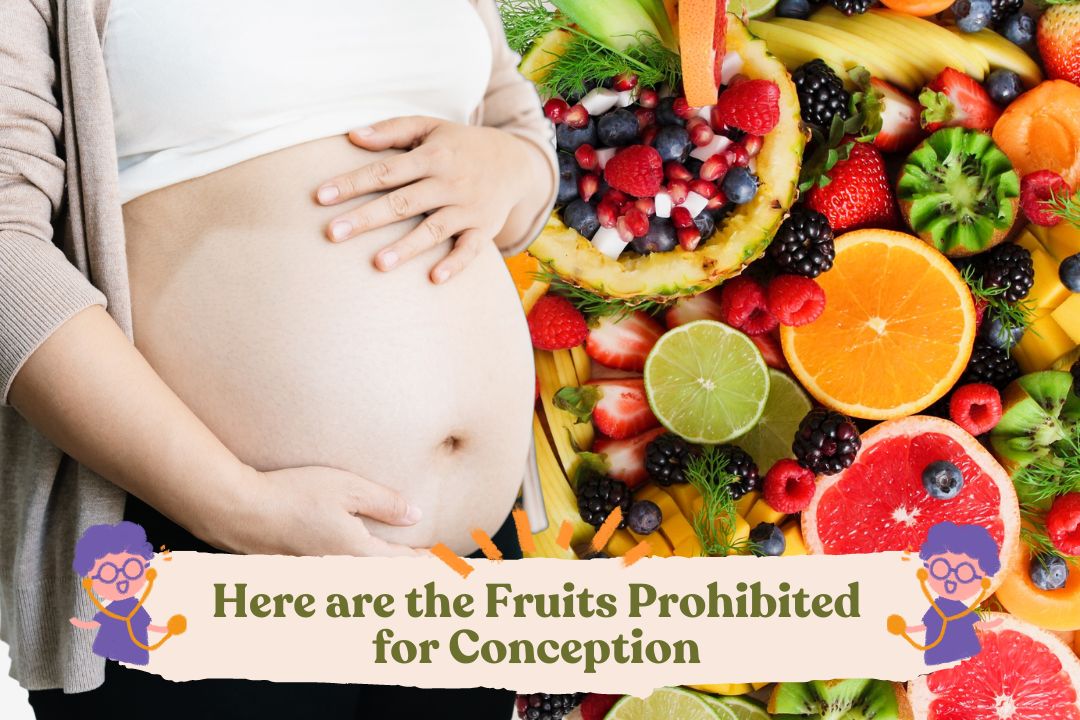Turns Out They’re Not the Same, Here Are the Differences Between PCO and PCOS
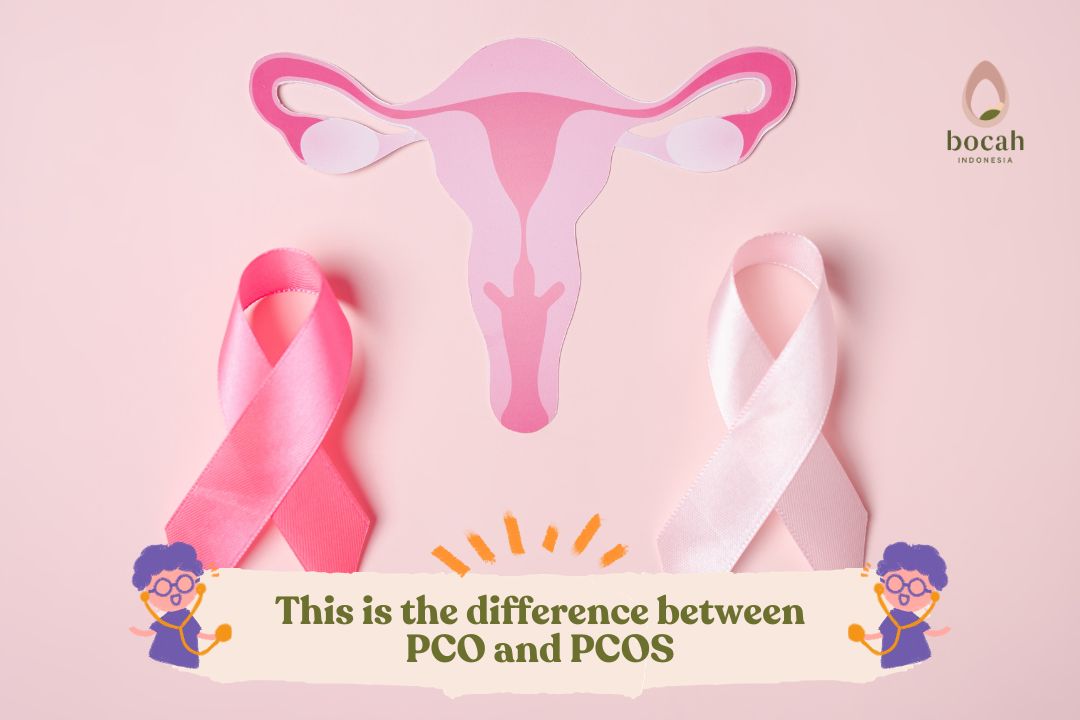
Although PCO and PCOS may sound similar, these two conditions are not the same. Let’s find out the differences here.
The female reproductive organs can experience various health disorders, including PCO and PCOS, even though they have similar names, there are quite noticeable differences between them.
In short, PCO occurs when there is an increase in the number of small cysts in the ovaries. PCOS is an endocrine disorder that causes women to produce excessive androgens (male hormones).
To learn more about the differences between PCOS and PCO, read the following review.
What are PCO and PCOS?
Polycystic ovary (PCO) is a condition where the ovaries are enlarged and have 12 or more follicles than a single dominant follicle. These cysts are usually not harmful and do not cause symptoms in most women. PCO is typically detected during ultrasound examinations or USG.
Mulai Journey of Hope
On the other hand, polycystic ovary syndrome (PCOS) is a condition caused by hormonal imbalances. It is associated with insulin resistance and the release of male sex hormones that disrupt ovulation.
Differences Between PCO and PCOS
PCO is more common than PCOS. PCO is found in 19%-33% of women, with or without symptoms. In contrast, PCOS affects 5%-10% of women aged 15 to 44 years.
The following will explain the differences between PCO and PCOS in terms of causes, symptoms, and treatment.
-
Different Causes of PCO and PCOS
Generally, PCO forms naturally as part of the menstrual cycle. This is called a follicular cyst or functional cyst and is not harmful. However, there are also some types of cysts that can form and be potentially dangerous or even cancerous.
All women are at risk of having PCO. However, you are more likely to have ovarian cysts if you have the following conditions:
- Hormonal disorders
- Being pregnant
- Endometriosis
- Pelvic infections
- History of ovarian cysts
Meanwhile, the exact cause of PCOS is not known. However, there are some conditions that may contribute to its cause and increase the risk of developing PCOS, including:
- Obesity
- Excess androgen hormones
- Insulin excess leading to increased androgen production
- Low-level inflammation that can stimulate the formation of PCO
- Genetics
Women with PCOS may have PCO at the same time, but often they are unaware of its presence because PCO often does not show any symptoms until detected through ultrasound examination by a doctor.
-
Symptoms of PCO and PCOS
Usually, PCO or ovarian cysts do not show symptoms and can disappear on their own. However, if PCO grows larger, some of the following signs may appear:
- Pelvic or lower abdominal pain.
- Feeling full or heavy in the abdomen.
- Bloating sensation.
On the other hand, the hormonal imbalances associated with PCOS usually lead to more serious symptoms, including:
- Presence of many ovarian cysts (PCO).
- Menstrual disturbances, including short or long menstrual cycles.
- Excessive hair growth (hirsutism), such as on the chest, abdomen, back, chin, or upper lip due to increased androgen hormones.
- Acne or oily skin.
It’s important to note that PCO or polycystic ovaries are indeed one of the symptoms of PCOS, which is the presence of many follicles attached to the ovarian wall. However, having PCO doesn’t always mean that someone will experience PCOS.
-
Complications Related to PCO and PCOS
Some complications related to PCOS include:
- Diabetes.
- Pregnancy complications (such as gestational diabetes).
- Cardiovascular disease.
- Obesity.
- Endometrial cancer.
Usually, PCO does not cause complications, unlike PCOS. Furthermore, women with PCOS may have difficulty getting pregnant, which is different from PCO, which does not affect fertility.
Additionally, women with PCOS may have a higher rate of miscarriage than those with PCO. Ovulation may be more difficult with PCOS compared to PCO.
-
Treatment for PCO and PCOS
In general, PCO or ovarian cysts are not a harmful condition and often can improve on their own within a few months without requiring specific treatment.
However, there is a possibility that ovarian cysts can rupture or grow larger and cause disturbing symptoms. Therefore, the treatment for PCO is tailored to the type of cyst, the symptoms that appear, the size of the cyst, and the age of the patient.
Here are some treatment measures that a doctor may recommend to address ovarian cysts:
- Regularly consult with a doctor to monitor the progress of the cyst because some types of cysts can disappear on their own within a few months.
- Use of hormonal contraceptives such as birth control pills to prevent recurrent ovarian cysts.
- Surgery to remove larger or potentially dangerous cysts.
On the other hand, the treatment for PCOS is related to the symptoms that appear and the underlying causes and may include:
- Adopting a healthy lifestyle to maintain an ideal weight, including managing diet and exercising regularly.
- Use of medications to regulate menstrual cycles as needed.
So, that’s an explanation of the differences between PCO and PCOS. For parents seeking information about reproductive health, pregnancy programs, and infertility issues, you can read more on Bocah Indonesia.
Source:
- Cooney, L., & Dokras, A. (2021). Cardiometabolic Risk in Polycystic Ovary Syndrome: Current Guidelines. Endocrinology and Metabolism Clinics, 50(1), pp. 83-95.
- https://pubmed.ncbi.nlm.nih.gov/33518188/
- Escobar-Morreale, H. (2018). Polycystic Ovary Syndrome: Definition, Aetiology, Diagnosis and Treatment. Nature Reviews Endocrinology, 14(5), pp. 270-284.
- https://pubmed.ncbi.nlm.nih.gov/29569621/
- US Department of Health & Human Services (2019). Office on Women’s Health. Polycystic Ovary Syndrome.
- Cleveland Clinic (2021). Diseases and Conditions. Polycystic Ovary Syndrome (PCOS).
- Pathak, N. WebMD (2021). Polycystic Ovary Syndrome (PCOS).
- D, Divya Jacob, Pharm. (2022). MediciNet. Is There a Difference Between PCO and PCOS?
- Fasting While Trying to Conceive? Healthy Meal Ideas for the Entire Month - 04/03/2026
- 12 Foods to Help You Get Pregnant Faster - 03/03/2026
- 3 Juice Recipes for a Pregnancy Program - 26/02/2026


